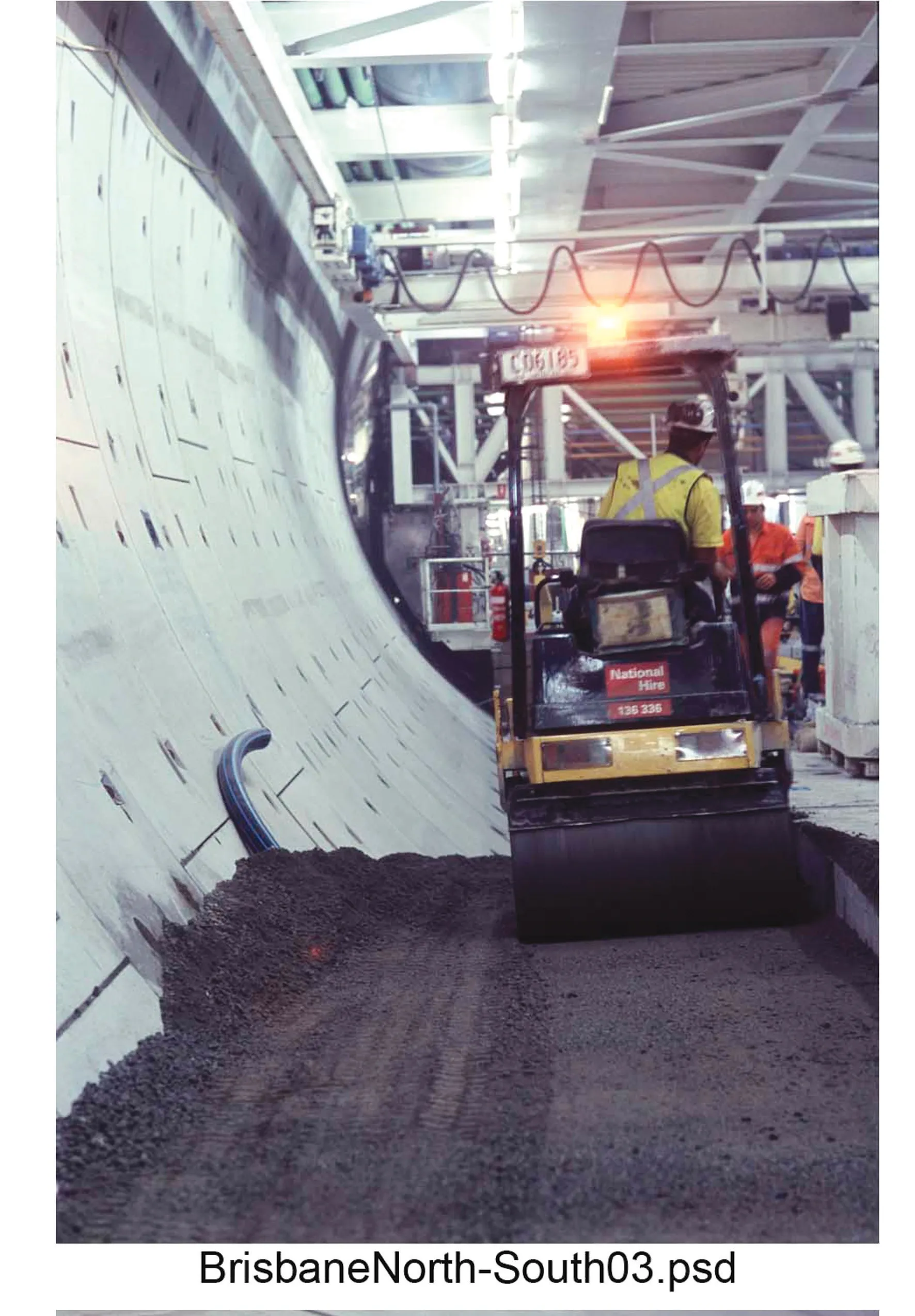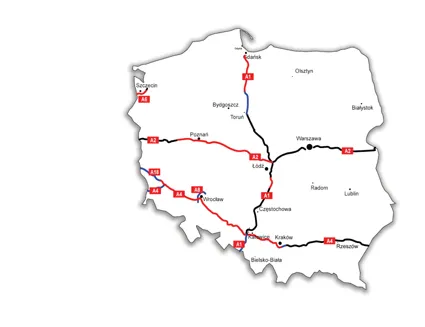Details of a major programme of road building projects have been unveiled by the UK Government. The plan envisages some €18.83 billion (£15 billion) being spent on constructing new road links and upgrading existing routes. This is the largest single programme of works for the UK’s road network for several decades. The plan includes 100 major projects, perhaps the most notable being the long-awaited tunnel for the A303 past the Stonehenge archeological site. The existing route is narrow at this point and suf
December 1, 2014
Read time: 2 mins
Details of a major programme of road building projects have been unveiled by the UK Government. The plan envisages some €18.83 billion (£15 billion) being spent on constructing new road links and upgrading existing routes. This is the largest single programme of works for the UK’s road network for several decades. The plan includes 100 major projects, perhaps the most notable being the long-awaited tunnel for the A303 past the Stonehenge archeological site. The existing route is narrow at this point and suffers heavy congestion as it is unable to cope with the high tourist traffic as well as the large numbers of heavy vehicles. Safety is also a major concern. Because of the historical importance of this area, constructing a new dual carriageway on the surface is not feasible so the new road has to go in a tunnel. But poor ground conditions and a high water table mean that the structure will have to be heavily reinforced with concrete and feature sophisticated drainage technology.
Other key routes to be improved will be the A1 between Newcastle and Edinburgh and upgrades to the A27 in Sussex, both of which also suffer congestion and are unable to cope with current traffic volumes. Upgrades to a number of junctions on the M25 motorway around London and roads leading to the city of Liverpool are also planned.
Other key routes to be improved will be the A1 between Newcastle and Edinburgh and upgrades to the A27 in Sussex, both of which also suffer congestion and are unable to cope with current traffic volumes. Upgrades to a number of junctions on the M25 motorway around London and roads leading to the city of Liverpool are also planned.









